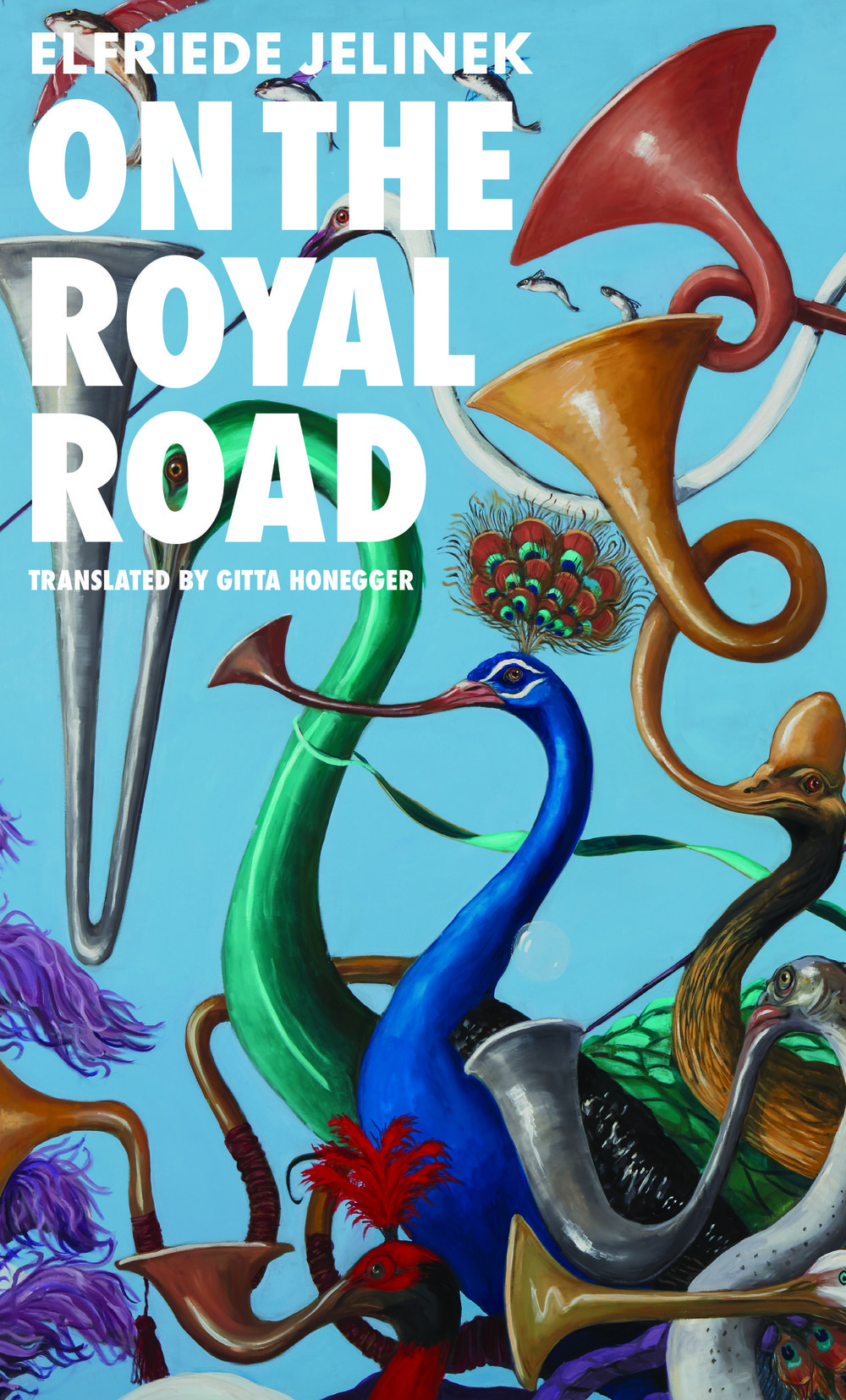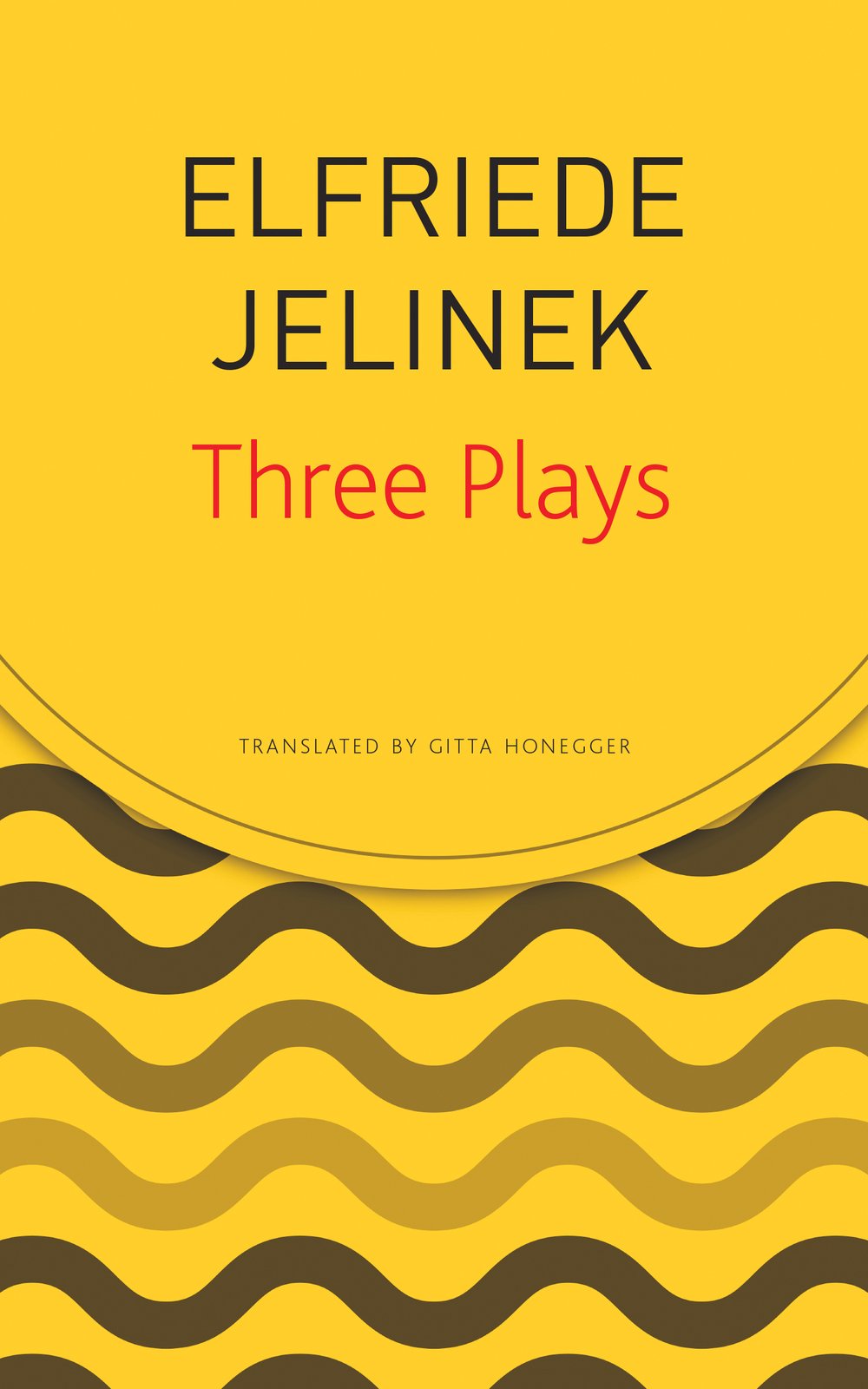Fury

In Greek mythology, it is Hera who blinds the hero Heracles, so that, in a fit of fury, he kills his own family. In the twenty-first century, the gods have another name. So did the three young men who stormed a magazine’s editorial office and a Jewish supermarket in Paris in January 2015 and murdered twelve people. The blind fury, however, remained and more virulent than ever, not least because the weapons were so much more effective.
In this raging text, arguably one of her darkest, Nobel Prize winner Elfriede Jelinek investigates topical political events in the context of enduring history and myths. Fury expresses itself not only multi-voiced and from the changing perspective of Islamist terrorists, in the shape of furious German citizens, individual narcissistic humiliation, or brutal distribution battles around the globe. Rather, fury also appears as the motor that has driven people with a devastating force for centuries.
With her characteristic linguistic power, Jelinek articulates her own disconcertedness in the face of these crimes. In passing, she returns repeatedly to the contradiction between religious laws against representation and the deluge of images online, where movies of assassination, severed heads, and other atrocities are exhibited for millions to see. Fury is a compact grand epic that starts in primal times and attempts to describe the indescribable, relating the inexplicable in our times.

Elfriede Jelinek was born in 1946 in Mürzzuschlag, Austria, and grew up in Vienna, where she studied music and, later, theatre and art history. She began writing poetry and established herself as a leading, if controversial, member of post-war Austria’s first generation of artists who struggled to come to terms with the legacy of the Holocaust.
Among her most famous novels are The Piano Teacher (1983), Lust (1989), and The Children of the Dead (1995). However, Jelinek considers herself primarily a playwright. The translation of her satirical monologue on Donald Trump, On the Royal Road: The Burgher King, was published by Gazebo Books in February 2021.
Jelinek’s work has been translated into more than 30 languages and she received the Nobel Prize in Literature in 2004 ‘for her musical flow of voices and counter-voices in novels and plays that with extraordinary linguistic zeal reveal the absurdity of society’s clichés and their subjugating power’.


